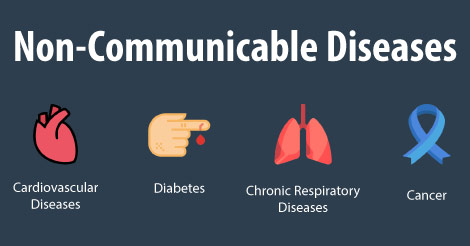New Delhi, April 5, 2025: Picking up the pace while walking could be a simple yet significant step towards better metabolic health, especially for individuals with obesity, according to new research. A study published in the peer-reviewed journal Scientific Reports suggests that a faster walking speed is associated with a lower risk of developing metabolic diseases.
Researchers from Doshisha University in Japan investigated the link between self-reported walking speed and metabolic health markers. Their findings indicate that walking speed could serve as a quick, equipment-free indicator of potential metabolic health risks in people living with obesity.
The study builds upon previous research which had already associated slower walking speeds with increased risks of cardiovascular disease and higher mortality rates, particularly in the elderly population. This new research specifically focused on individuals with obesity, a group known to be at higher risk for metabolic complications.
The core finding revealed that even within this higher-risk group, those who reported walking at a faster pace had significantly lower odds of developing key metabolic conditions. Specifically, faster walkers showed:
- A notable reduction (approximately 30%) in the risk of developing diabetes.
- Lowered risks, though to a lesser extent, of hypertension (high blood pressure) and dyslipidemia (abnormal levels of fats like cholesterol and triglycerides in the blood).
The researchers propose that the benefits stem from improved cardiorespiratory fitness associated with faster walking. Brisk walking can enhance heart and lung function, which in turn is linked to lower levels of systemic inflammation and oxidative stress – two critical factors contributing to the development of metabolic diseases.
The study’s conclusions were drawn from data involving a substantial number of participants: 8,578 individuals classified with obesity, 9,626 with a high waist circumference (another indicator of metabolic risk), and 6,742 who met both criteria.
Experts involved suggest that encouraging a faster walking pace could be a valuable and practical public health strategy. Promoting brisk walking may serve as an accessible behavioural intervention to help prevent the onset of metabolic diseases, particularly for individuals managing obesity.
Disclaimer: This news article is based on information reported by IBTimes India regarding a study published in Scientific Reports. It is intended for informational purposes only and does not constitute medical advice. Please consult with a qualified healthcare professional1 for any health concerns or before making any decisions related to your2 health, diet, or treatment.












